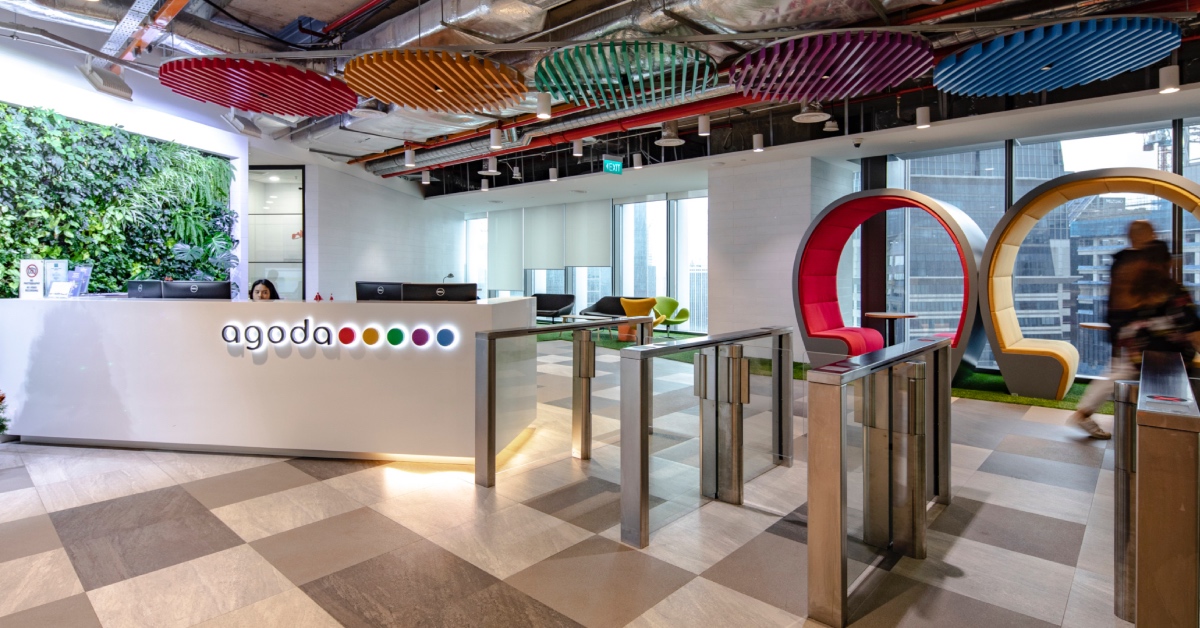Cannes in the metaverse—why McCann is building a virtual gallery for the Croisette
The space will house the agency's top campaigns.

While the rest of ad land settles into life on the French Riviera at this year’s Cannes Lions International Festival of Creativity, McCann Worldgroup is bringing the event to another realm: the metaverse.
The agency unveiled today “MWverse,” a virtual gallery that will house McCann’s most memorable ad campaigns of the year. During Cannes, guests will be able to access 10 rooms, each dedicated to one campaign, revealing a behind-the-scenes look into the creation of the ads and pre-taped discussions by leaders of their creative teams, who will appear as virtual avatars.
McCann will still have a physical presence at Cannes, with several of its ads up for awards. But the “MWverse” is meant for the majority of people who are unable to attend the festival in person, be it a marketer or member of the general public. Access to the gallery is free and requires only a desktop, phone or tablet (in comparison, the lowest-tier ticket for Cannes is roughly $3,855).
“We want to celebrate and democratize creativity, and we want to use the power of Web3 and the metaverse to bring this vision to life,” said Elav Horwitz, senior VP of global innovation and creative partnerships at McCann Worldgroup.
The verdict is still out on how useful Web3 tools, such as the metaverse and NFTs, will be for marketers. But rather than discourage application, uncertainty has spurred brands and agencies to explore a variety of use cases, benefiting from the lack of rules and expectations governing the new space.
McCann’s approach puts an interactive spin on the hybrid model for events (Cannes itself is hybrid this year, featuring in-person programming for the first time since 2019). Built by Journee, a virtual tech company, “MWverse” allows guests to wander as avatars through rooms spotlighting General Motors’ “Dr. Evil” Super Bowl spot, L’Oreal’s “Women of Worth” campaign with Eva Longoria and Movember’s “Non-fungible Testicles” ad. Guests can also visit daily panels between Web3 creators and McCann’s clients and engage in virtual happy hours.
The potential of virtual technology was also apparent during the process of creating the gallery. Meta (formerly Facebook) used its Horizon Workrooms platform to shoot the behind-the-scenes discussions for the campaigns. In what would have previously taken McCann multiple days to coordinate and bring together executive creative directors and designers from around the world, Meta completed the task in just one.
“Actually being in a room as an avatar with [others] as avatars was an intimate shoot, as opposed to just capturing a Zoom or 2D video,” said Nathy Aviram, chief production officer of Craft, a McCann agency that helped with the gallery.
Apres Cannes
“MWverse” will see use well after the tents come down at Cannes, said Horwitz. The gallery will evolve into an experimental space for McCann’s clients, whether that be for meetings, building new campaigns or hosting events.
The idea that the metaverse can be a testing ground for work tools has seen interest from several agencies. Mediahub last year opened an office in virtual real estate platform Decentraland, where it also intends to recruit clients and train employees. Havas, Accenture and R/GA have built or plan to build structures in virtual spaces, as well.
Festivals beyond Cannes, such as CES, will be another use case for McCann’s “MWverse,” which will integrate new content, technology and creators accordingly. The company is holding off on adding crypto-centric tools, like NFTs and wallets, although they may be incorporated further down the road, Horwitz said.
As for now, McCann is focused on elevating one important tenet of the metaverse: interoperability, in which a user can move freely between virtual spaces. By combining platforms like Journee and Meta’s Horizon Workrooms, agencies can enable more people to become involved.
“Real-life events are still going to stay, but if we can leverage the power of these technologies and make them more accessible, I think this is what we should all do as an industry,” Horwitz said.

 BigThink
BigThink 






























